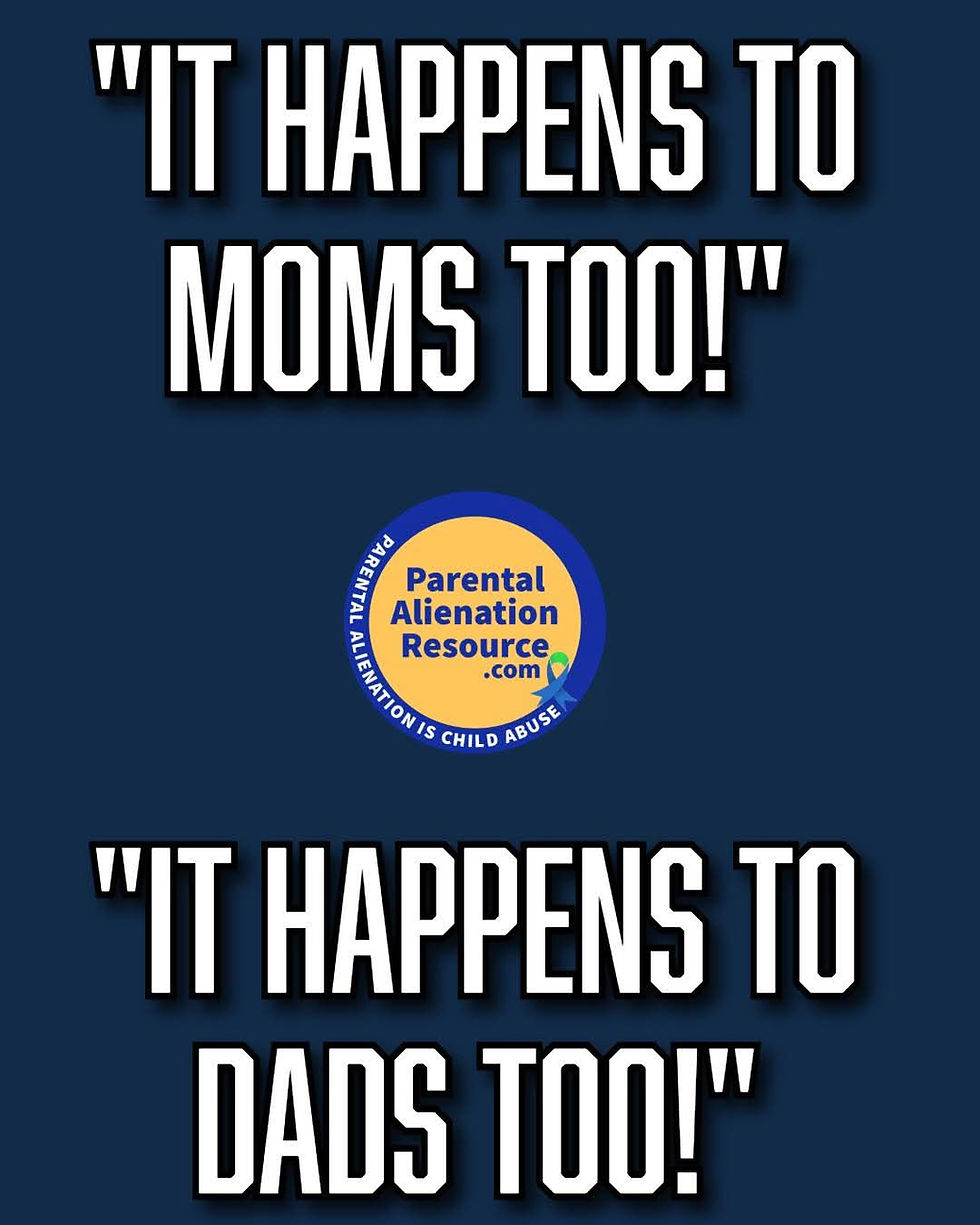Create a Timeline of Events to Prove Parental Alienation
- Parental Alienation Resource

- Aug 16, 2023
- 2 min read

Creating a timeline of events is an essential step in proving parental alienation. Here's an example of how the timeline of events could be structured
[Date] - Divorce or separation: The parents officially separate or divorce.
[Date] - Beginnings of parental alienation:
Signs of alienation start to emerge, such as negative comments made by one parent about the other in front of the child.
[Date] - Restricting access: One parent starts to restrict the other parent's access to the child, perhaps by withholding visitation rights or interfering with scheduled parenting time.
[Date] - Denigrating the other parent: The alienating parent starts consistently disparaging the other parent in front of the child, making derogatory comments about their character, abilities, or lifestyle choices.
[Date] - Undermining the relationship: The alienating parent undermines the child's relationship with the other parent by making false allegations, spreading rumors, or manipulating the child's perception of the other parent.
[Date] - Interfering with communication:
The alienating parent interferes with communication between the child and the other parent, such as blocking phone calls, intercepting emails, or discouraging direct contact.
[Date] - False accusations of abuse: The alienating parent makes false accusations of abuse against the other parent, aiming to damage their credibility and create fear or mistrust in the child.
[Date] - Isolating the child: The alienating parent attempts to isolate the child from the other parent's extended family, friends, and support network, limiting exposure to positive influences.
[Date] - Manipulating the child's perceptions: The alienating parent manipulates the child's perceptions of events, distorting reality and presenting a skewed version of the past or current events involving the other parent.
[Date] - Child's alignment with alienating parent: The child starts displaying a significant alignment with the alienating parent's views and attitudes towards the other parent, often expressing hostility or rejecting the other parent.
[Date] - Failure to encourage a relationship: The alienating parent consistently fails to encourage and support the child's relationship with the other parent, disregarding the child's emotional needs for a healthy bond with both parents.
[Date] - Disregard for court orders: The alienating parent repeatedly violates court orders regarding visitation, custody, or communication, showing a pattern of noncompliance and disrespect for legal proceedings.
[Date] - Emotional manipulation and guilt-inducing behaviors: The alienating parent engages in emotional manipulation tactics, using guilt, fear, or bribery to influence the child's perceptions and feelings towards the other parent.
[Date] - Professional evaluations or assessments: Professional evaluations from psychologists, therapists, or social workers may be conducted to assess the presence of parental alienation and its impact on the child's well-being.
It's important to note that this timeline is a general guide and the specific details of each case may vary. Collecting evidence, including documentation, witness testimonies, and professional evaluations, can strengthen your case when seeking to prove parental









Comments